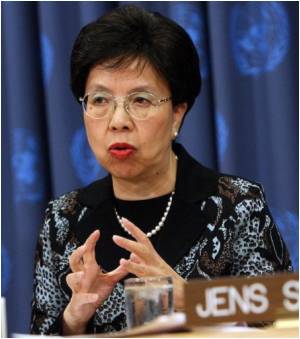
‘In Italy, five women died in childbirth within seven days. While all the deaths appear to have explicable causes, their concentration over the holiday period has raised some questions.’
Tweet it Now
In the latest case, Giovanna Lazzari, 29, already a mother of two who was eight months pregnant, died on New Year's Eve in Brescia, northern Italy, a day after coming to an emergency unit with a high fever and symptoms of gastroenteritis, revealed her partner Roberto Coppini. As her condition deteriorated, doctors attempted an emergency Cesarean but were unable to save either the mother or the fetus. Coppini said, "In a few hours, I lost a baby and a unique mamma. Someone has to tell me what happened. Giovanna sent me a text message during the night in which she told me she had very strong pains but that the doctors were not paying any attention to her. She would have been 30 on January 1. She was young and healthy."
Ezio Belleri, the hospital's director general, said, "An initial review of Lazzari's treatment had not found any indication of errors. The doctors did everything that could be done. Up to now, nothing indicates that any errors were made. The cause of death had been septic shock brought on by hemorrhaging that was likely the result of an unpredictably rapid spread of a very strong bacterial infection."
Health minister Beatrice Lorenzin has dispatched experts to establish what happened in Brescia and three of the other four fatal cases. Their first report is due Monday, January 4, 2016.
Lorenzin said, "We have to understand if the recommended procedures were followed or if there were organizational deficiencies. The priority is identifying any errors and preventing other tragedies."
Advertisement
Anna Massignan, a 34-year-old doctor from Lonigo, near Vicenza who died on Christmas Day, succumbed after an emergency Cesarean eight months into her pregnancy, reportedly following a fall at home. Her son was delivered alive but died several hours later.
Advertisement
A leading gynecologist said some of the victims may have paid the price for inadequate screening for the risk of thrombosis or heart problems emerging during the latter stages of pregnancy.
Rosalba Paesano, Professor of Gynaecological Science at Rome's La Sapienza university, said, "With preventative checks we could save so many women in the delivery room. But the health ministry does not say they are required, in reality because they cost too much. The procedures we have in place are obsolete."
Consumer group Codacons said, "It would be filing requests on Monday for prosecutors to look into whether regional authorities and the health ministry had been negligent in their instructions to hospitals regarding screening measures and preventative treatment."
Antonio Starita, medical director at Rome's San Camillo hospital, told La Stampa, "The one figure that stands out is that 35% of pregnancies in Italy involve women over 35 and, at this age, the maternal mortality risk doubles."
Starita said blocks on new hires in parts of the health system could be creating staff shortages, particularly among midwives assigned to home visits who could pick up early warning signs of problems in pregnancy.
Source-AFP














